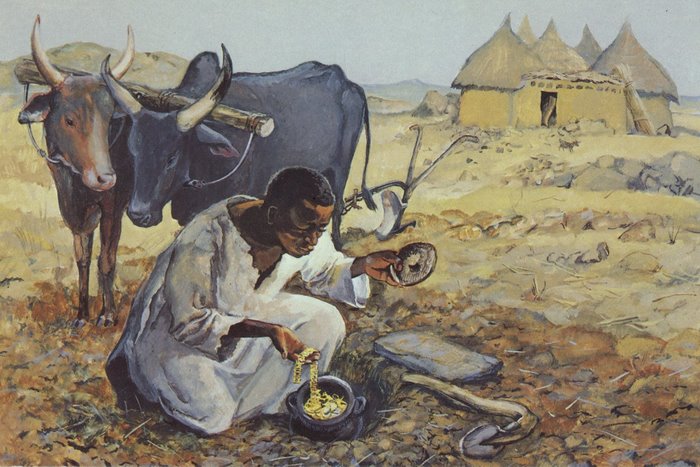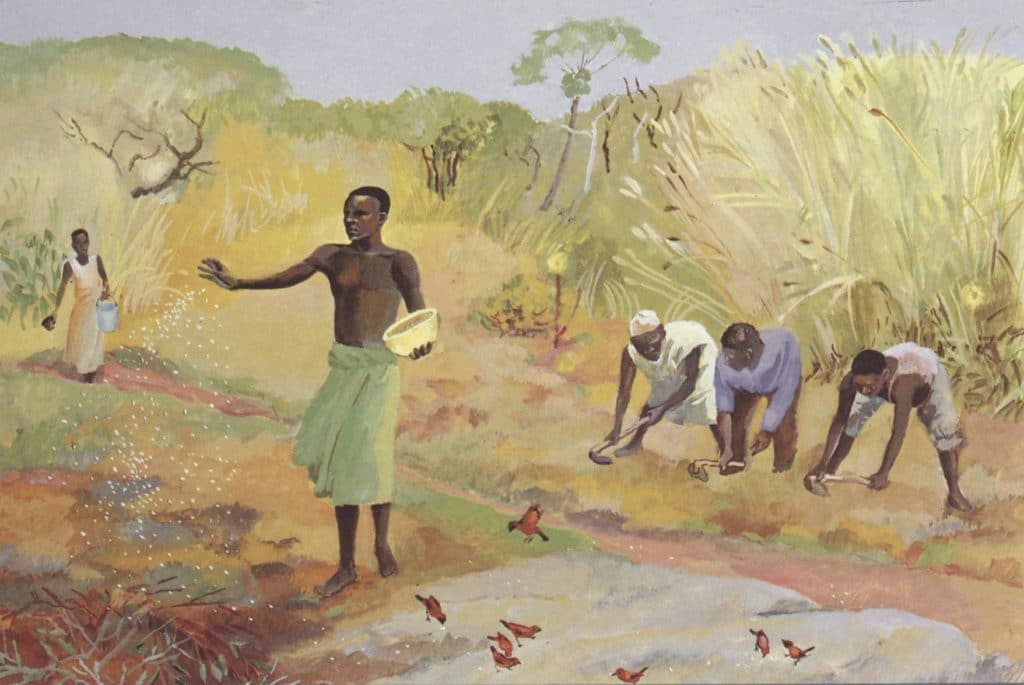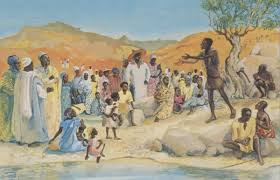Archive for July 2017
Riddles of Grace: The Kingdom of God is Like….
The Jesuit Father, Anthony de Mello wrote that the shortest distance between a human and Truth is a story. In Matthew 13, Jesus tells a variety of stories (parables) to describe the kingdom of heaven. We move from mustard seed (a weed) planted amidst a crop in a field to the image of yeast, to a treasure hidden in a field, to fine pearls and then, in perhaps the most striking of all, we are told that the kingdom of heaven is like a net (v. 47-48).
Read MoreThe Wheat And The Weeds
There is a harvest of love happening in cities everywhere, if we can only see it. It’s an unusual harvest to be sure — one that sees good where we often see evil and reveals evil where we often see good. This harvest is the unveiling of reality. It is the work of the Spirit and God’s delight. When this liberating pattern is at work in our lives we not only suffer the humiliating shock of seeing things as they really are, we also discover the unspeakable joy of having gotten it all wrong.
Read MoreThe Bad Sower
I look for God’s activity in my life through the very mundane things that occur each day. Today was one of those days.
I looked down at my cell phone when it rang. It was a number that I was familiar with. Whenever this number pops up, I have to make a few quick decisions: Do I have time to talk? Do I have the energy? At the most, it’s a 10-minute phone call.
Read MoreDance to the Music
Poor Isaac, dying in a state of deception, betrayal, sorrow and loneliness. Yes, in our reading we encounter him comfortably ensconced within his mother’s tent, basking in the early hours of love at first sight, but things go very wrong by the time we get to chapter 27! There, the family of the patriarch is divided as rivals, Isaac and Esau on one side of the breach, and Rebekah and Jacob on the other. Can such soap-opera-caliber mess be the fruit of God’s plan for Isaac’s family: brothers at war over inheritance, Mom and Dad playing favorites among their children, lies, trickery, and deceit? In the end, fear leads Isaac to give his beloved Rebekah over to another man, an act that mimicked his father’s failures. Despite the moment of love and contentment we see in our reading, it seems this patriarch is destined to continue in family tragedy and community chaos, and to die in sadness and regret.
Read More



